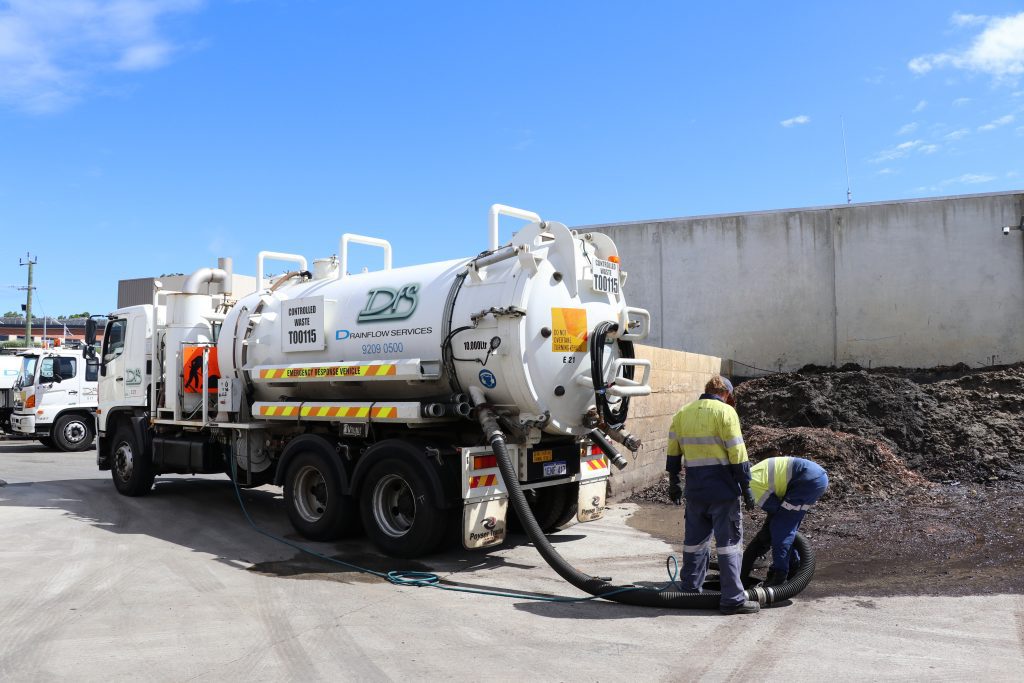The Ultimate Guide To Reclaim Waste
The Ultimate Guide To Reclaim Waste
Blog Article
The 20-Second Trick For Reclaim Waste
Table of ContentsThe 9-Minute Rule for Reclaim WasteThe smart Trick of Reclaim Waste That Nobody is DiscussingNot known Factual Statements About Reclaim Waste The Greatest Guide To Reclaim WasteSome Of Reclaim Waste
Discover the types, occurrences, and types of fluid waste. Domestic sewer waste describes the waste and products from a household sewage-disposal tank. This sort of waste is produced by people in residences, colleges, and other buildings. This only consists of sewage-disposal tanks that have a drainpipe area. The proper management and disposal of residential sewage waste need liquid waste to be moved to a sewage therapy plant where the appropriate methods and equipment are related to detoxify and get rid of waste.
Commercial waste often consists of prospective risks, such as combustible products or a mixture of fluid and strong waste items, and needs an advanced and detailed disposal process. The disposal of commercial waste normally involves the filtering of waste prior to transportation to ensure secure and proper disposal. Hazardous waste is created from by-products and drainage of industrial processes and manufacturing.
This type of waste can not make use of the exact same sewer administration transport or processes as septic or commercial liquids. The commercial waste management process needs the inspection and screening of fluid waste before it goes through the disposal procedure (liquid waste removal melbourne). Runoff waste is the liquid waste that originates from drainage and excess stormwater in very populated locations or cities
Drainage waste can create contamination and flooding if not handled appropriately. Making sure correct waste monitoring can stop disasters and minimize ecological damage.
Little Known Facts About Reclaim Waste.
Contact PROS Providers today to find out about our waste administration and disposal solutions and the appropriate ways to look after the fluid waste you produce.
(http://peterjackson.mee.nu/do_you_ever_have_a_dream#c2256)Do you recognize what happens to your water when you pull the plug, flush the toilet or drain pipes the washing machine? No? Well, it's worth understanding. This supposed 'wastewater' is not only an important source however, after therapy, will certainly be released to our land, waterways or the ocean. Utilized water from commodes, showers, bathrooms, cooking area sinks, washings and commercial processes is understood as wastewater.

water made use of to cool machinery or tidy plant and tools). Stormwater, a form of wastewater, is drainage that moves from agricultural and urban locations such as roofing systems, parks, yards, roadways, paths and seamless gutters into stormwater drains pipes, after rainfall. Stormwater streams neglected straight to local creeks or rivers, eventually reaching the sea.
A Biased View of Reclaim Waste
In Queensland, a lot of wastewater is dealt with at sewer treatment plants. Wastewater is transported from residential or industrial websites via a system of sewers and pump terminals, known as sewerage reticulation, to a sewage therapy plant.
The Department of Natural Resources encourages regional governments regarding managing, operating and maintaining sewerage systems and treatment plants. In unsewered locations, neighborhood federal governments may call for householders to install individual or home sewer treatment systems to deal with domestic wastewater from bathrooms, kitchen areas, bathrooms and laundries. The Division of Natural Resources authorises using household systems when they are shown to be reliable.
A lot of stormwater gets no treatment. In some brand-new neighborhoods, therapy of some stormwater to eliminate clutter, sand and crushed rock has started making use of gross contaminant traps. Wastewater therapy happens in four phases: Removes strong matter. Bigger solids, such as plastics and other items mistakenly discharged to sewers, are removed when wastewater is travelled through displays.
Utilizes small living organisms understands as micro-organisms to damage down and get rid of remaining dissolved wastes and great fragments. Micro-organisms and wastes are included in the sludge.
The Ultimate Guide To Reclaim Waste
Nutrient removal is not readily available at all sewer treatment plants since it needs pricey specialised devices. Clear liquid effluent created after treatment may still contain disease-causing micro-organisms - industrial wastewater treatment.

Many wastewater flows right into the sewerage system. Under the Act, neighborhood you could try this out federal governments provide approvals and permits for ecologically relevant activities (Ages) including wastewater launches that could have a regional impact.
The Main Principles Of Reclaim Waste
Or else, examples are taken for research laboratory analysis. Often lots of examinations are needed to develop the degrees of each of the various pollutants such as oils, hefty steels and chemicals in water. Surveillance offers accurate details concerning water quality and can verify that permit problems are being fulfilled. The information acquired with tracking supplies the basis for making water top quality choices.
Report this page